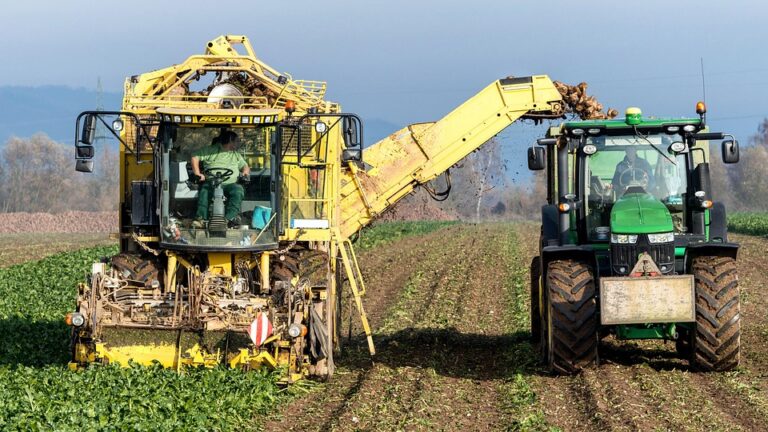EU member states and European Parliament have reached a preliminary agreement on simplifying the Common Agricultural Policy (CAP). The aim is to strengthen competitiveness of European agriculture by reducing bureaucracy, supporting small farmers and start-ups, encouraging innovation, and increasing productivity.
The simplification measures are intended to significantly reduce administrative costs for both farmers and national administrations. According to the Commission’s initial assessment, the measures could lead to annual savings of up to €1.6bn for farmers. More than €200m could be saved by member states’ administrations.
Environmental standards weakened
The agreement provides for less strict environmental standards as part of plans to cut back regulations and paperwork for farmers. The plans exempt smaller farmers from baseline requirements tying their subsidies to efforts to protect the environment. The EU will also increase the payments they can receive.
The agreement maintains the Commission proposal to allow member states providing crisis payments to active farmers that are affected by natural disasters, adverse climatic events or catastrophic events. Such payments will ensure continuity of the agricultural activity of the affected farmers.
Today we took a big step to keep our promise to make EU agricultural rules simpler. It’s important to make farming easier in Europe because this will help the agricultural industry grow and become stronger, boosting the sector’s competitiveness across Europe. – Marie Bjerre, Denmark’s Minister for European Affairs
The Danish Presidency welcomed the deal labelling it as a “big step to keep the promise to make EU agricultural rules simpler”. Marie Bjerre, Denmark’s Minister for European Affairs said that “this will help the agricultural industry grow and become stronger.”
More flexibility for member states
The agreement gives flexibility to member states to decide to what extent partially organic farms could be considered to fulfil certain environmental standards, the so-called GAECs (good agricultural and environmental conditions). It also improves the possibility for farmers to benefit from risk management tools and increases the percentage rate for advanced direct payments.
The preliminary agreement must now be confirmed by the Council and the European Parliament. After that, the legislative act will be formally adopted by the co-legislators.











